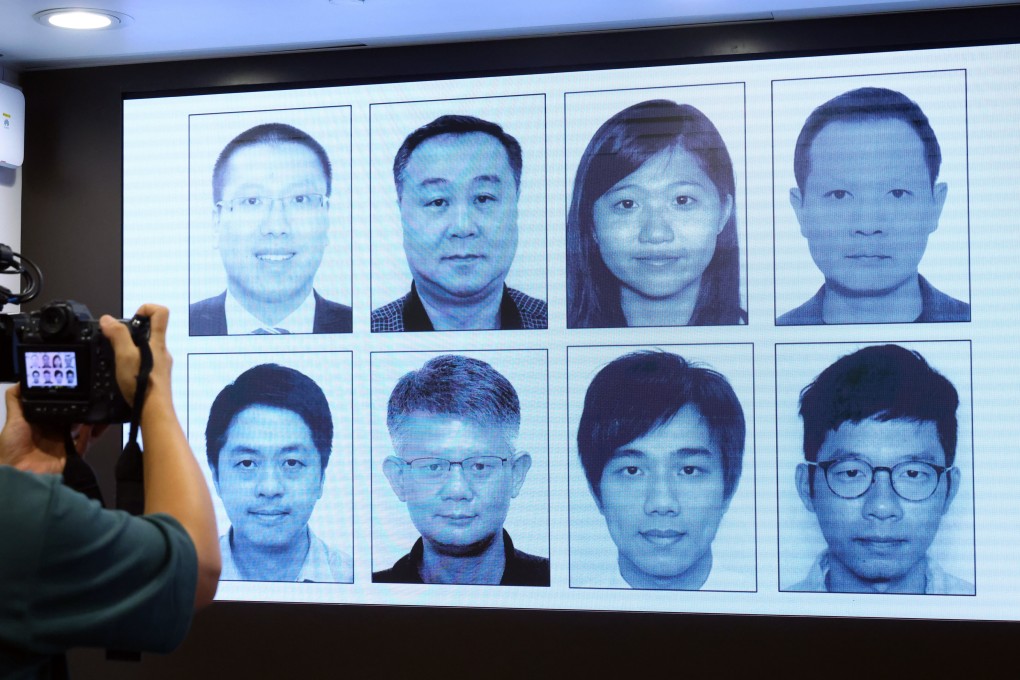UN human rights investigators have ‘serious concerns’ over Hong Kong mass trials and bounties on heads of overseas activists under national security law
- Team of four UN special investigators ‘very troubled’ that mass trials could jeopardise legal safeguards and right to fair trial
- The special rapporteurs also ask Hong Kong to ensure better access to legal aid services

The Hong Kong government has hit back after United Nations human rights investigators criticised mass trials and the use of bounties against opposition figures under the Beijing-imposed national security law.
A government spokesman said on Monday the government dismissed the “erroneous comments” made by the UN team and insisted people charged with national security law had the right to a fair trial.
“Endangering national security is a serious crime, and no country would stand idly by in the face of actions and activities that threaten national security,” the spokesman said.
The team of four UN special rapporteurs – investigators – also appealed to China to review the 2020 national security legislation, designed to outlaw acts of secession, subversion, terrorism and collusion with foreign forces, to ensure it was in line with international human rights obligations “with respect to the Hong Kong Special Administrative Region (SAR)”.